Weeds & Invasive Plants
All Weeds & Invasive Plants Content
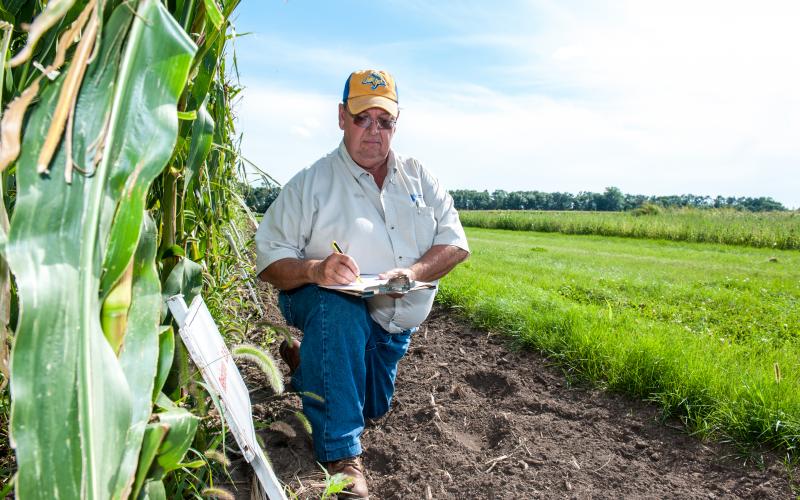
SDSU Extension to Tackle Weed, Pest and Drought Inquiries at State Fair
August 23, 2021
To address drought concerns, as well as weed and pest inquiries, South Dakota State University Extension will feature two booth locations at the 2021 South Dakota State Fair Sept. 2-6 in Huron.
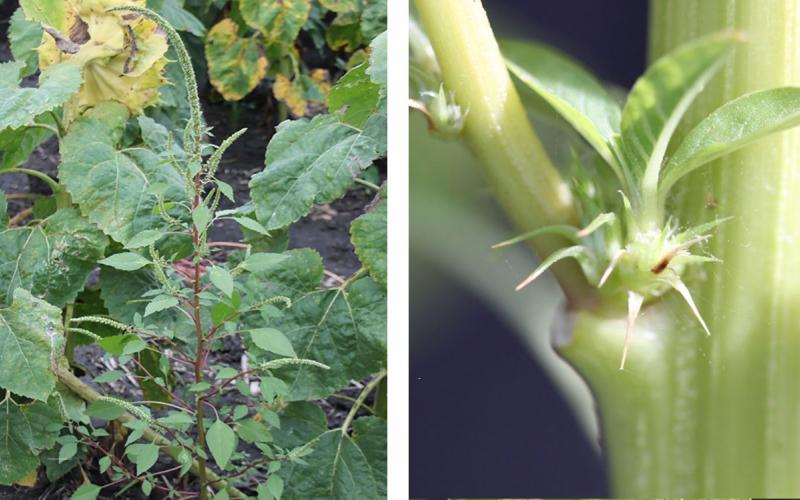
Palmer Amaranth: Now Is the Time to Scout
South Dakota State University (SDSU) Extension encourages farmers, ranchers and other landowners to start scouting for Palmer amaranth, a weed that has been rapidly spreading north into the United States and is likely to be glyphosate-resistant.
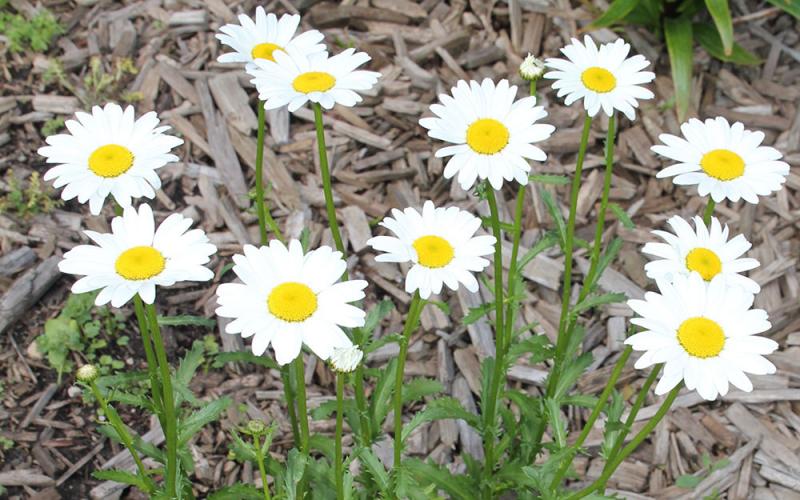
Invasive Garden Plants: Is That a Weed?
While we generally consider invasive plants like crabgrass, dandelions, and purslane as weeds, just about any plant can be considered a weed when it's in the wrong location.

SDSU Extension to Offer Integrated Pest Management Field School Online
July 30, 2021
South Dakota State University Extension will kick off its 13th annual Integrated Pest Management (IPM) Field School Aug. 1.
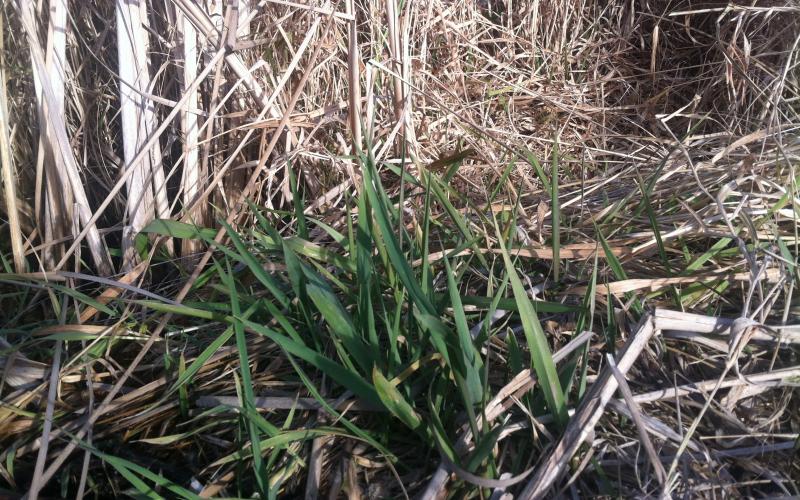
Reed Canary Grass: Possible Prussic Acid & Alkaloid Issues
Prussic acid issues with reed canary grass are poorly understood and may go unrecognized if they occur. This article addresses a little-known but interesting aspect of the biology of reed canary grass.
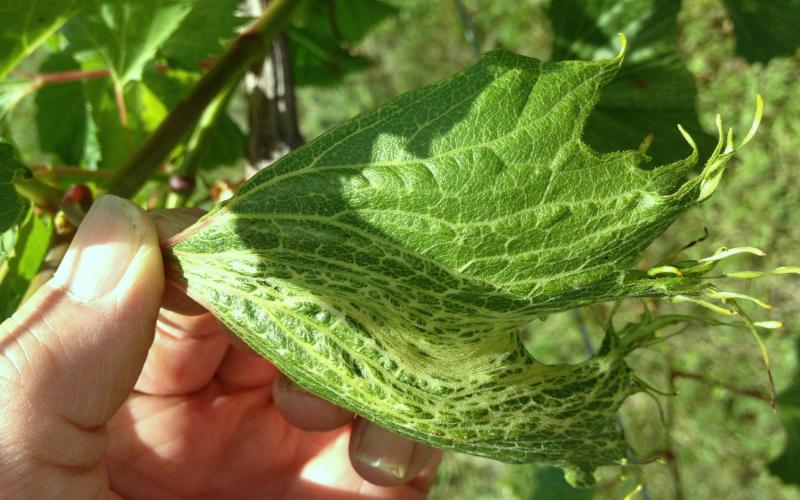
Herbicide Damage to Fruits and Vegetables
Each year in early summer, many growers begin to notice distorted leaves on their fruits, vegetables, and crops. Most commonly the cause is a herbicide application to a nearby field.

Cedar Trees and Rangeland Loss
The issue of cedar tree invasion into South Dakota’s rangelands tends to be a regional conversation. There is generally broad agreement among most resource professionals that these trees are in fact changing our landscape in a negative way.
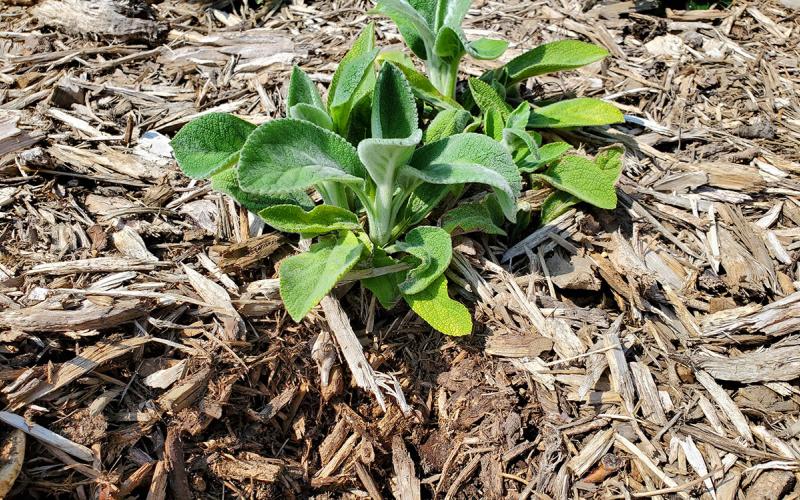
Organic Garden Mulches To Conserve Moisture and Prevent Weeds
If you want to reduce time spent in your vegetable and flower gardens watering or pulling weeds, consider mulching the soil surface with an organic material to improve plant health and your enjoyment of the garden.
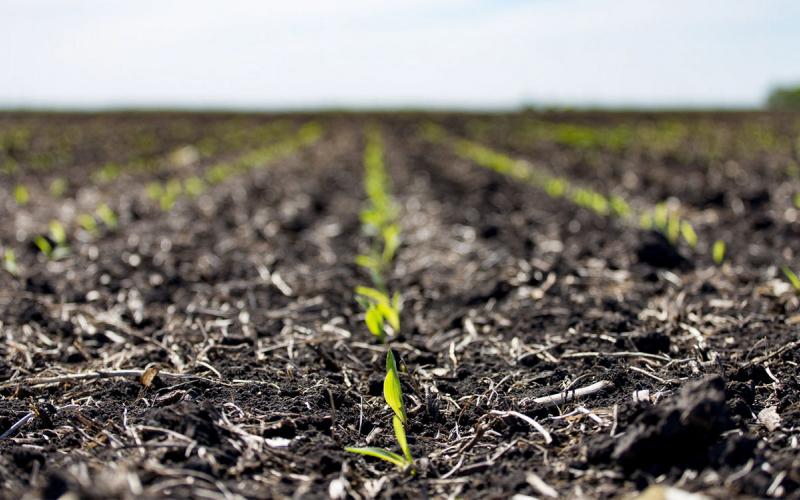
Watch Closely for Weed Emergence
Cool, dry conditions have slowed weed emergence and growth, but dry conditions also have limited the activation of preemergent chemicals. Given this scenario, fields need to be scouted closely to ensure that weeds do not get away.
SDSU Extension to host Wheat Walks in June
May 13, 2021
The 2021 Wheat Walks are slated for June 2 and 3 and will be held near Pierre, Clark and Mount Vernon.